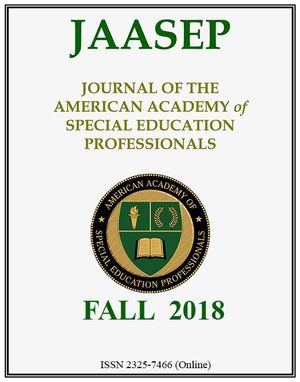Starting from:
$4.95
Cameras in Self-Contained Classrooms: Legal, Professional and Student Implications
ABSTRACT - This paper examines the use of cameras in self-contained special education classrooms. It begins with an examination of the legal framework used when administrators are contemplating the implementation of video surveillance within the classroom. It gives a brief summary of the Family Educational Rights and Privacy Act, Individuals with Disabilities Act, No Child Left Behind Act, and The Fourth Amendment of the Constitution and how they connect to the use of classroom cameras. This paper also explores several important court cases surrounding video footage within classes, as well as, the pros and cons of using audio-visual equipment to monitor individual classrooms. A field study conducted in Wasatch School District provides anecdotal information regarding video surveillance and outlines the advantages and disadvantages from the viewpoint of a behavior specialist, school psychologist, principal, and special education coordinator. The paper concludes with an analysis of the relevance of classroom cameras to professional goals as outlined by the Educational Leader Policy Standards.
1 file (145.9KB)



